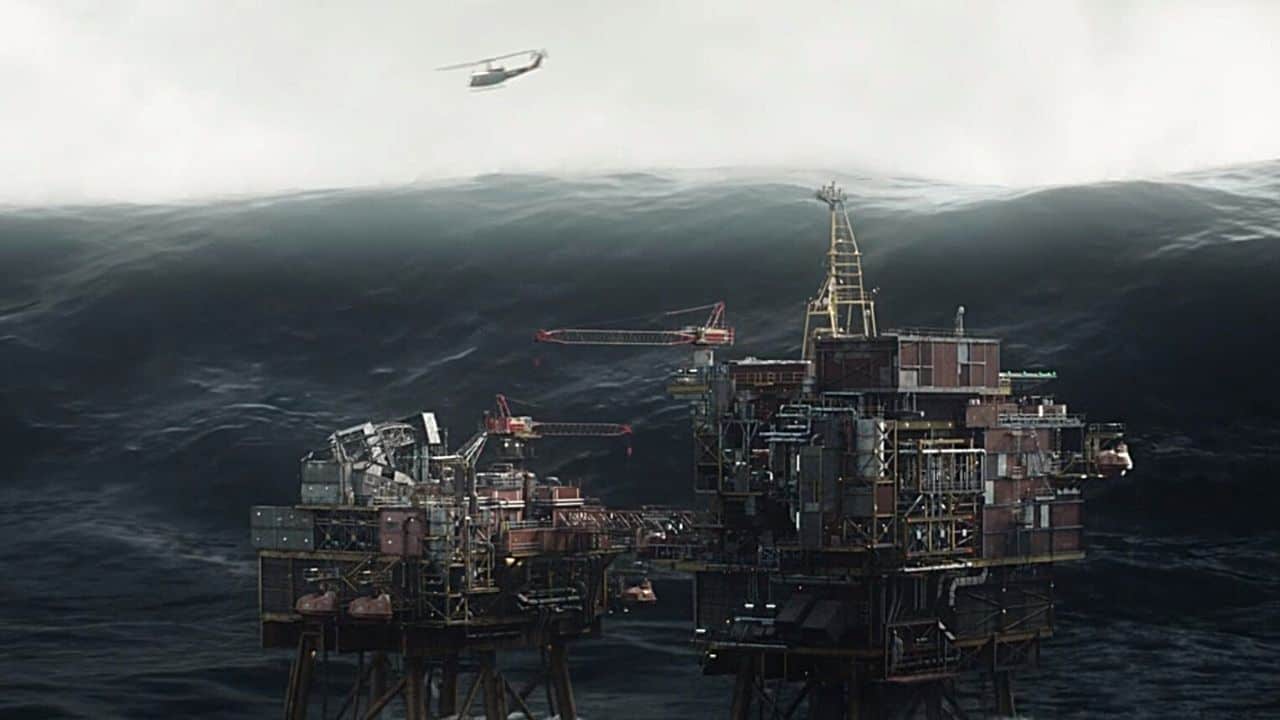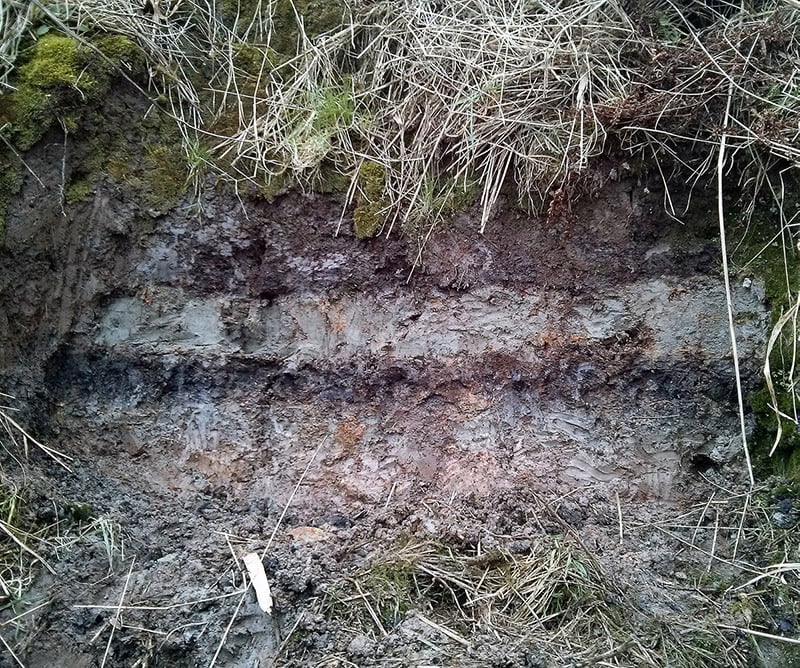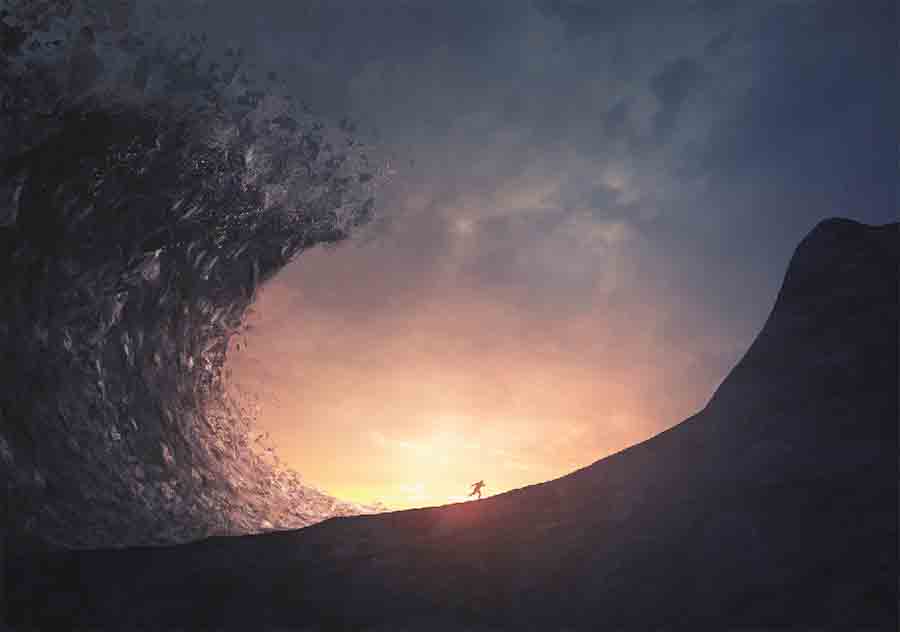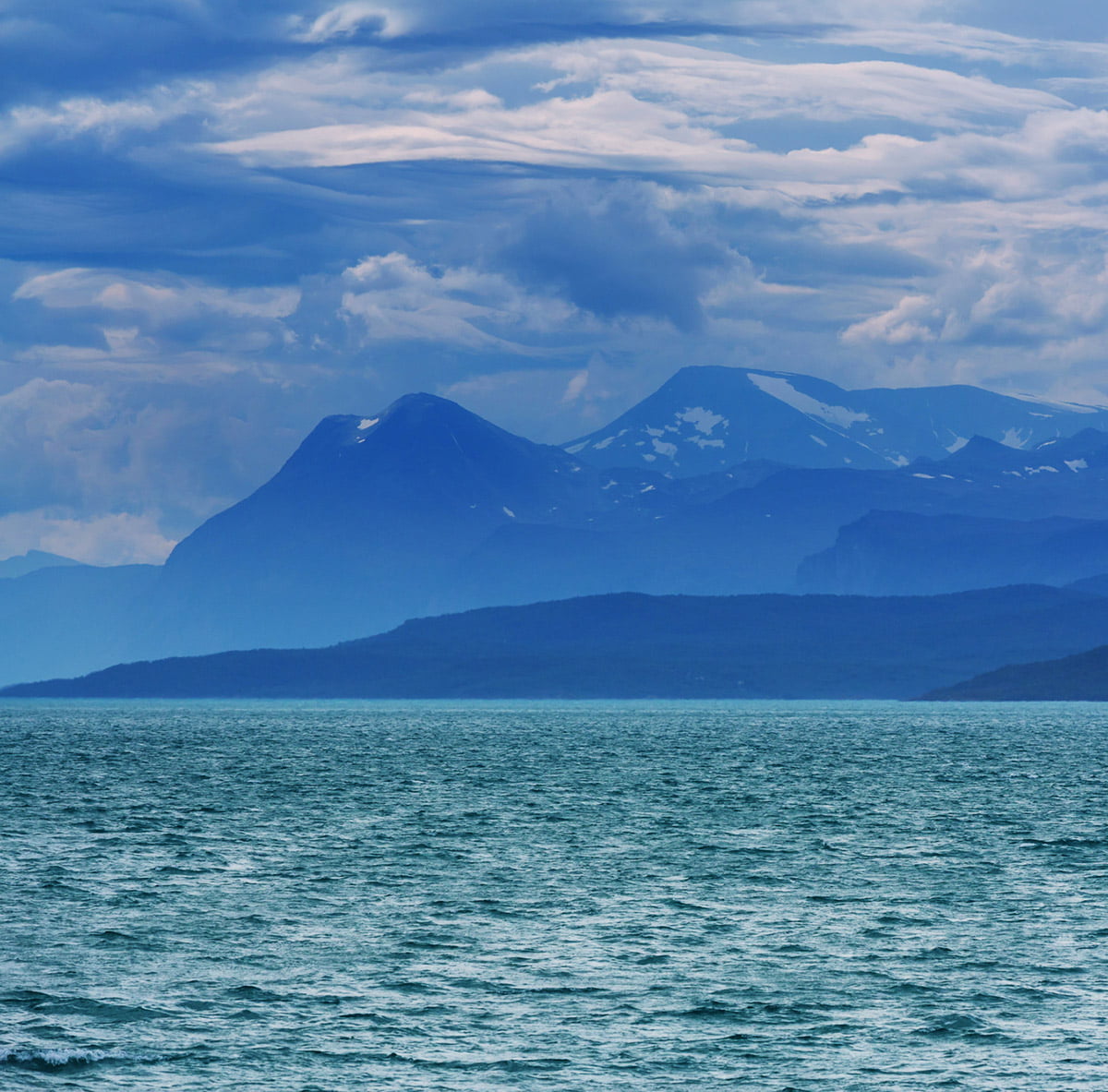
Location of the Storegga Slide and the Nyegga study area. Area in frame... Download Scientific
Vincent Gaffney , Simon Fitch , Merle Muru , Andrew Fraser , Martin Bates and Richard Bates Article Figures Supplementary materials Metrics Save PDF Cite Rights & Permissions Abstract Around 8150 BP, the Storegga tsunami struck North-west Europe.

What is the Storegga Slide in The Rig?
Storegga Submarine Landslide: The Storegga Slide is the largest-known submarine landslide. It occurred in the Norwegian Sea about 8200 years ago. The slide triggered a tsunami that produced significant run-ups on the west coast of Norway, Scotland, the Shetland Islands, and the Faroe Islands. ADVERTISEMENT

The Historic Storegga Slide & Tsunamis Life in Norway
Geologists agree that the Storegga tsunami is the largest natural disaster to have happened in the UK in the last 11,000 years. The vast wave was triggered by a series of three submarine landslides in the Norwegian Sea that caused the sinking of Doggerland , the land bridge that linked Britain, Denmark, and the Netherlands.

The Rig What is the Storegga Slide? The Cause Explained
July 5, 2021 by David Nikel Home » History Blog » The Historic Storegga Slide & Tsunamis The three Storegga slides were among the largest ever known submarine landslides. They caused massive tsunamis that permanently changed the map of Northern Europe. When talking of tsunamis in and around Norway, many people know of the Tafjord tsunami.

8,000 Years Ago The Storegga Tsunami Shattered Scotland Ancient Origins
The Storegga Slide, which took place about 8200 years ago ( Bryn et al., 1998, Bryn et al., in this issue, Haflidason et al., in this issue ), generated an enormous slide scar with steep slide scarps, slide blocks, and debris. The slide area is located in the Norwegian Sea, about 120 km west of Kristiansund ( Fig. 1 ).

Living in a landslide Mareano The Sea in Maps and Pictures
Fig. 1. Location of the Storegga slide. The slide area has been extensively mapped and investigated in connection with petroleum exploration and especially in connection with the slide risk evaluations for the Ormen Lange gas field.

Overview map of the Storegga slide complex, showing the deposit areas... Download Scientific
Deposits within the floor of the Norwegian Basin were sampled to characterize the deposition from the Storegga Slide, the largest known Holocene-aged continental margin slope failure complex. A 29 to 67 cm thick veneer of variable-coloured, finely layered Holocene sediment caps a homogeneous, extremely well-sorted, poorly consolidated, very fine-grained, grey-coloured sediment section that is >20

The Historic Storegga Slide & Tsunamis Life in Norway
Tsunami waves triggered by the Storegga Slide at ~8200 years ago 59 were recently recognized to be 0.5-4.5 m higher in the southeast North Sea near Denmark 15, and 20 m higher around the.

The Storegga slide A stone age Apocalypse YouTube
Storegga Slide. Coordinates: 64°52′N 1°18′E. 64°52′N 1°18′E. Position of the slides. The three Storegga Slides were large landslides. They occurred under water, at the edge of Norway 's continental shelf, [1] in the Norwegian Sea. This is between Norway and Greenland, just north of Great Britain . Height of tsunami wave.

Over 8000 years ago, a massive submarine slide off the coast of Norway, known as the Storegga
Storegga slides, series of submarine landslides in the Norwegian Sea that occurred between approximately 8,400 and 2,200 years ago. The combined activities of these landslides produced a scar on the seafloor that begins some 100 km (60 miles) off Norway's More Coast on the edge of Europe's

The End of Doggerland The Storegga Slide Tsunami of 6170 BC Ancient Architects YouTube
The Storegga Slide: architecture, geometry and slide development - ScienceDirect Marine Geology Volume 213, Issues 1-4, 15 December 2004, Pages 201-234 The Storegga Slide: architecture, geometry and slide development Haflidi Haflidason a, Hans Petter Sejrup a , Atle Nygård a , Jurgen Mienert b , Petter Bryn c , Reidar Lien c ,

a) Map showing the Storegga Slide and sites where tsunami deposits have... Download Scientific
The Storegga Slide: architecture, geometry and slide development - ScienceDirect Abstract Introduction Section snippets References (81) Cited by (321) Marine Geology Volume 213, Issues 1-4, 15 December 2004, Pages 201-234 The Storegga Slide: architecture, geometry and slide development Haflidi Haflidason a , Hans Petter Sejrup a , Atle Nygård a ,

The Storegga Slides of Prehistoric Norway Brewminate A Bold Blend of News and Ideas
The giant Storegga Slide has been a well-known feature since the 1970s ( Bugge et al., 1988 ). It occurred at about 8100 cal. years B.P., and affected a total area of 90,000 km 2. The headwall is approximately 300 km long and the total slid volume is nearly 3500 km 3. The pre-slide slope in the Storegga area was in the order of 0.5-1.0°.

3D perspective view of the southern flank of the Storegga Slide... Download Scientific Diagram
1. Introduction The Storegga Slide ( Fig. 1) is one of the largest submarine slides discovered, and has been known since the 1970s ( Bugge, 1983 ). Recent studies conclude that the slide occurred as one main event 8200 years ago and removed between 2500 and 3500 km 3 of sediment from the slide scar ( Haflidason et al., 2005 ).

The Historic Storegga Slide & Tsunamis Life in Norway
The Storegga Slide (Fig. 1) is one of the largest submarine slides discovered, and has been known since the 1970s (Bugge, 1983). Recent studies conclude that the slide occurred as one main event 8200 years ago and removed between 2500 and 3500 km 3 of sediment from the slide scar (Haflidason et al., 2005).

Location of the Storegga slide area (red), Traenadjupet (Tr), and... Download Scientific Diagram
Storegga ( Norwegian: Great Edge) is located at the edge of Norway's continental shelf in the Norwegian Sea, 100 km (62 mi) north-west of the Møre coast. In around 6200 BCE, structural failures of the shelf caused three underwater landslides, which triggered very large tsunamis in the North Atlantic Ocean.